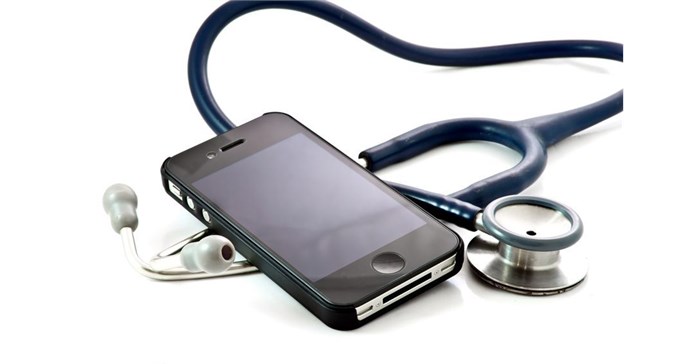
Top stories






More news


Marketing & Media
Ads are coming to AI. Does that really have to be such a bad thing?














Currently, a clinician or nurse must be at a patient’s bedside to administer intravenous medication manually. This can be especially challenging if they have various patients with different needs and medication schedules under their care. Recognising the laborious and time-consuming nature of this task, Dr Sudesh Sivarasu – associate professor in biomedical engineering at UCT – partnered with Dr K Eshwar Chandra Vidya Sagar from the department of biomedical engineering at Osmania University in Hyderabad, India to develop a device that will automate and streamline the process through activation via mobile messaging.
The device – which can access a database of treatment plans for patients of a particular clinician – is programmed to send a mobile message to the clinician every time a patient requires drugs. By responding with an activation code, the clinician can instruct a receiver and automated system to communicate the activation instruction to intravenous pumps. These then administer the drugs, which have been preloaded and kept at a specific temperature.
“This helps to prevent patients from experiencing unnecessary pain and discomfort while waiting for a clinician to come in to authorise and switch on the button. It is also far less time-consuming and cheaper – if you look at how much a clinician charges per hour," says Sivarasu.
“I think we can still do a lot of other things with this technology. But to begin with, it is a very basic drug administration system, and that alone holds a whole lot of opportunity.”
In addition to facilitating automated delivery of intravenous medication, the device can be adapted for data-driven medical homecare, especially for elderly and geriatric people, Associate Professor Sivarasu explains.
There are also plans to look into a simple potential application, like dosing insulin for diabetics in one major area. For this, a clinician wouldn’t even necessarily have to send a message to initiate the drug administration; they could give instructions for the drug delivery system to communicate directly to the patients’ insulin pumps.
The researchers are currently investigating various routes to market and will most likely license the technology and then continue to develop it and do pre-clinical trials.